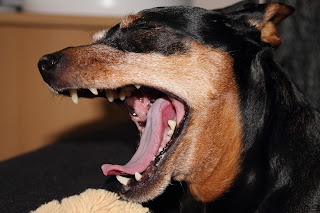Today we are going to learn about how to carry out the most common starting point when learning any new language. Here are a few phrases:
你好吗? (ni2 hao3 ma5) How are you?
Literally you + good + ? is the most common way to ask about someone's well-being. You may have noticed that unlike what we would expect, 你 is not 3rd tone, but 2nd. The reason is since it's just too hard to pronounce two third tones in a row. So the first word will instead use second tone, while the latter word will keep its third tone.
好久不见 (hao2 jiu3 bu2 jian4) Long time no see.
The same rule applies here with the consecutive third tones, as you can see. What is interesting here is that the English translation is the same as the Chinese literal translation, word for word. It is important to note, however, that 久 is often used to refer to a longer span of time.
我很好,你呢? (wo3 hen2 hao3, ni3 ne5?) I am very good, and you?
呢 is an interesting particle in that it roughly translates to "and what/how about this/you (or whatever the subject being referred to is)." There is no direct equivalent in English, and yet this particle is essential to know in asking questions, as we will see later on.
我很累 (wo3 hen2 lei4) I am very tired.
我很饿 (wo3 hen2 e4) I am very hungry.
我很高兴 (wo3 hen2 gao1 xing4) I am very happy.
In case you noticed, there is a reason why I put 很 on nearly every single expression. In fact, it sounds weird to natives if you don't put it there. Other than that, I don't think there's any big reason for it's usage.
Hopefully these basic expressions will help you find your way around some basic Chinese conversations and allow you to showcase your skill in Chinese.
So get out there and practice! 加油!(jia4 you3) Good luck!














